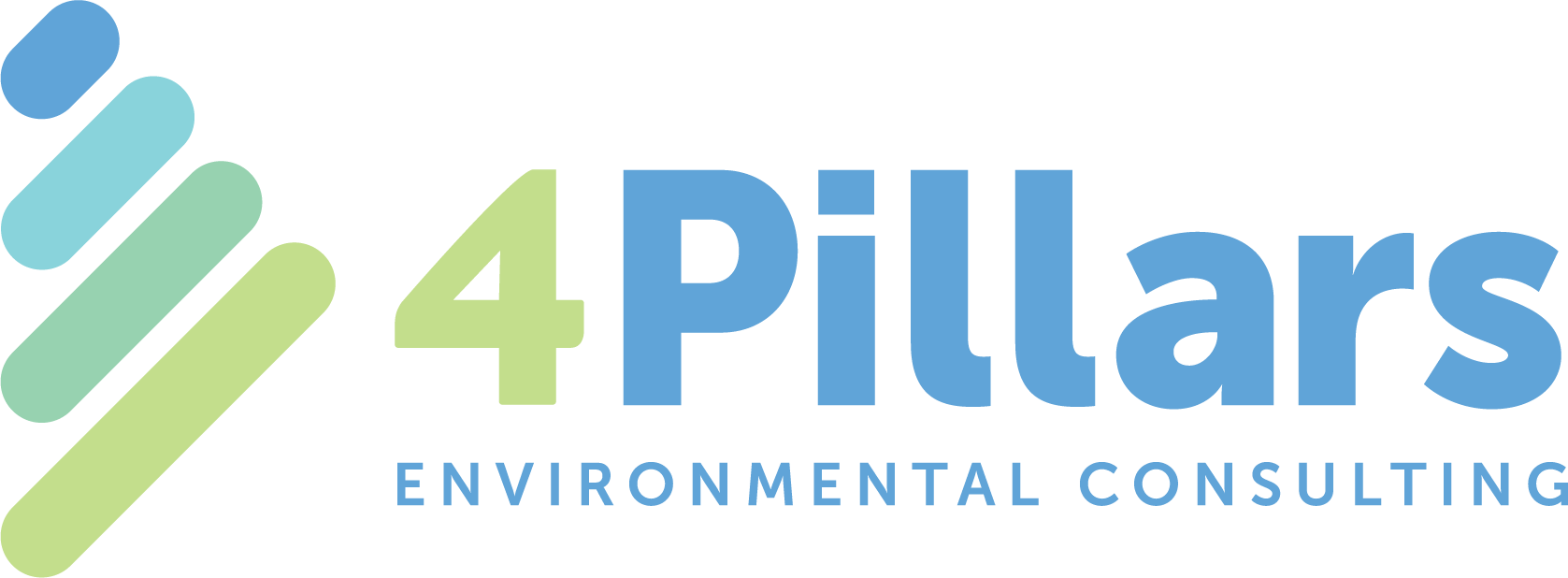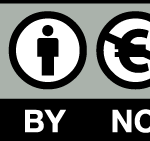Hello!
My name is Theresa and welcome to the final part of a four-part blog series on the four pillars of sustainability and what they mean in practice. Following my formal education in the field of environmental science, my career led me to 4Pillars. I was drawn to 4Pillars because I felt the company values (which you can read more about here) aligned well with my own.
In previous articles, my colleagues James Sonter, Gunnar and Ella Haid, and Rhys Thompson have discussed the pillars of environment, economy, and society.
Last but not least, I will be examining the pillar of intra- and inter-generational equity, and the crucial role it plays in achieving sustainability under various frameworks.
‘Equity’ is a term that seems increasingly fashionable, popping up in many organisations’ mission statements but with wide-ranging definitions. To offer my own take, I see ‘equity’ as being a concept that includes justice, equality, and fairness for all. In the context of sustainability, it is the concept that all people and all generations should have the same rights and opportunities to meet basic needs required to maintain an acceptable quality of life.
Very often the concept is mistaken for ‘equality’ or spoken about synonymously. It is important to note that although equality is an essential component of equity, they are different from each other in a very significant way. ‘Equality’ means that every individual has the same amount of any given thing, it could be water, food, medicine or opportunities regardless of any difference in their actual income, class, cultures, and needs.
Equity is broader than equality; it is more about each individual getting the full resources, opportunities and choices they need to live fulfilling lives. Evidently, to achieve equity, the environmental, economic, and societal pillars of sustainability also need to be considered and navigated. This has been a central theme throughout our blog series – the pillars of sustainability are inextricably linked with each other and each pushes and pulls on the others. Balance is key.
Balance in the conversation about sustainability means that all stakeholders need a voice. Even more importantly, to achieve equity, we must discuss sustainability with disadvantaged groups and those who cannot speak in mind. This includes but is not limited to groups such as socially, economically and racially disadvantaged peoples, future generations, endangered species and natural ecosystems.It is important to maintain healthy ecosystems, so they continue to provide benefits to people and other living things.
Equity is broader than equality; it is more about each individual getting the full resources, opportunities and choices they need to live fulfilling lives. tweet
As a team, our objections to shifts such as increased inequality, environmental degradation and climate change are rooted in concerns that future generations will be unjustly inheriting an uninhabitable planet, which they had no role and no say in creating. 4Pillars questions whether the decisions we make now in environmental management and the use of resources are fair for future generations. Raising these questions and reflecting on them as a company allows us to decide what small local contributions we can make towards this global issue.
A key to limiting environmental degradation and building an equitable future for following generations is through effective management of waste. I believe that there has been a huge shift towards the ‘zero waste’ movement which aligns well with the ethos that is promoted within 4Pillars and with our clients. The movement is built upon the principle of sustainable waste management as well as circular economy policies and practices which aim to effectively limit waste, reuse existing resources and to conserve non-renewable resources.
At present, New South Wales is one of the highest waste generators per capita in the whole world, with a significant proportion of waste coming from the construction and demolition sector. It is a reality that the majority of waste produced ends up in landfills, incinerators or the ocean. The feedstocks for this waste are finite resources that will run out if not thoughtfully managed. Through my projects, I have been lucky enough to have an active involvement in working with clients within the resource recovery and waste management industry. Being able to have an input in diverting recoverable materials for construction projects around New South Wales means that I can play an active role in preserving resources for future generations to use and enjoy.
This work is licensed under a Creative Commons Attribution-NonCommercial-NoDerivatives 4.0 International Licence.


